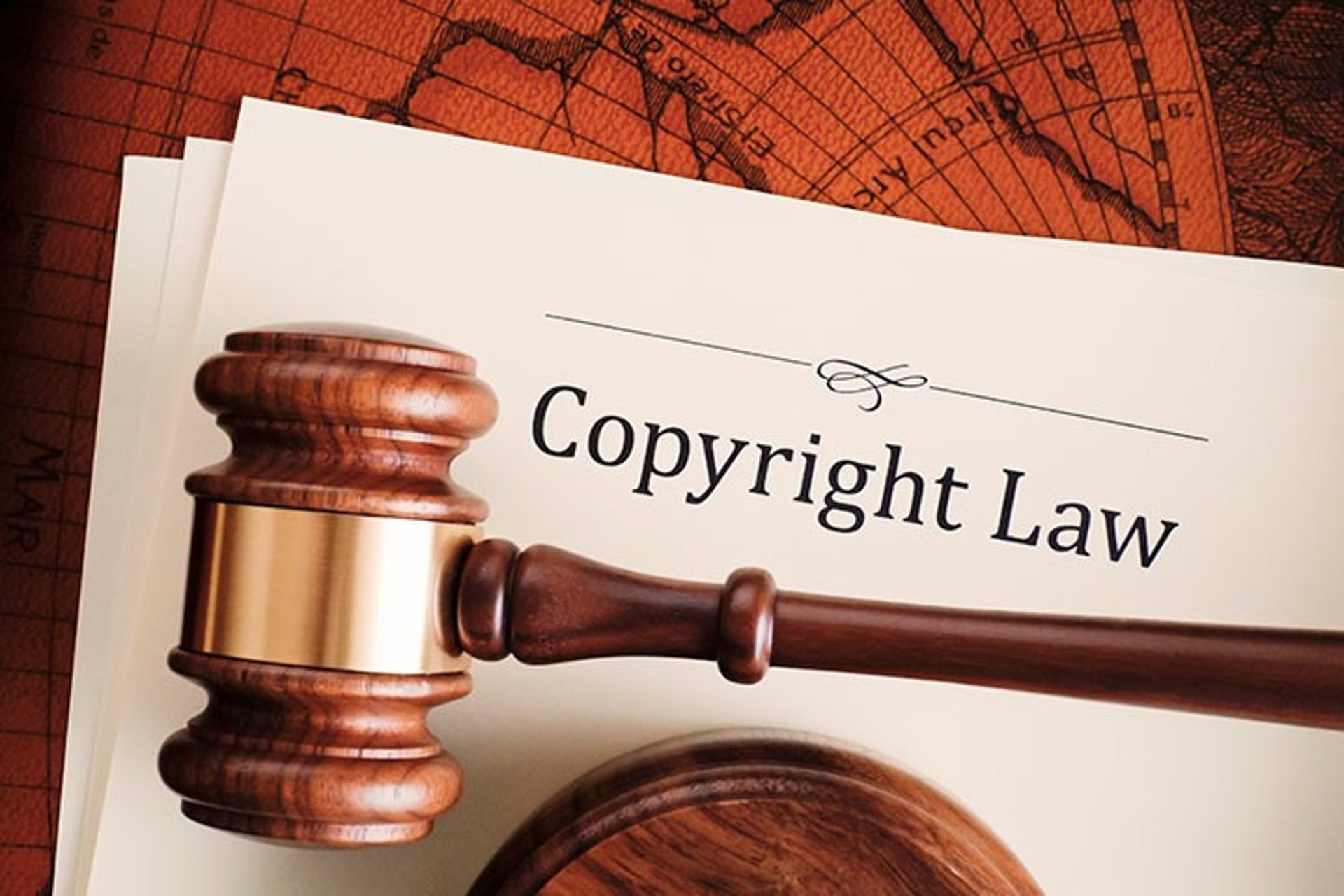
Copyright Law
Copyright laws are a set of rules and regulations that protect original creative works—such as books, music, movies, and artwork—from being used, copied, or distributed without the creator’s permission. These laws grant exclusive rights to authors, artists, and other creators, allowing them to control how their work is used and to decide who can reproduce, distribute, display, or perform their creations. The goal of copyright law is to encourage creativity by giving creators a legal incentive to continue producing new works while safeguarding their intellectual property rights.
In Pakistan, copyright is governed by the Copyright Ordinance, 1962, as amended by the Copyright (Amendment) Ordinance, 2000. Copyright protection extends to a wide range of creative works, including but not limited to:
Literary works (books, magazines, journals, lectures, dramas, novels, computer programs/software, and data compilations),
Artistic works (paintings, photographs, drawings, maps, sculptures, architectural designs, logos, monograms, label designs, and calligraphy),
Cinematographic works (movies, documentaries, audio-visual content), and
Sound recordings and musical compositions.
The core purpose of copyright law is to promote innovation and creativity by offering creators economic benefits for their work. By granting exclusive rights, the law ensures that creators are able to protect and profit from their intellectual efforts.
It’s also worth noting that copyright laws differ across countries, and the rights and protections offered may vary depending on the jurisdiction.
For professional guidance and consulting in copyright-related matters, feel free to contact Rajput Law Chambers. Our experienced legal team provides strategic advice and representation to help you protect, enforce, and benefit from your creative works.
